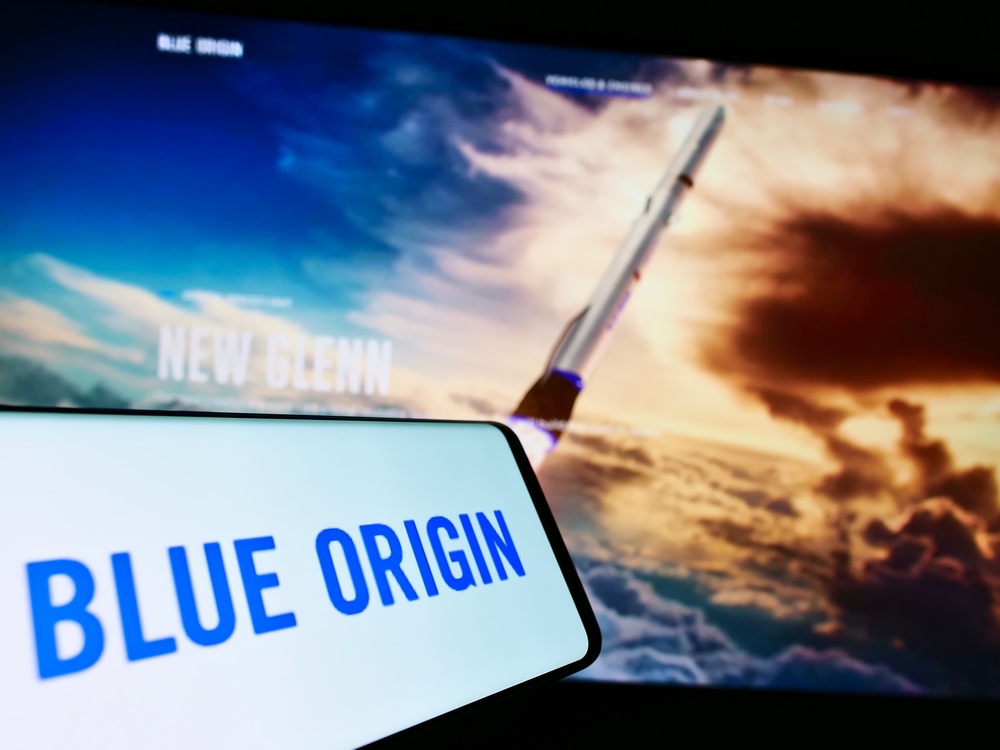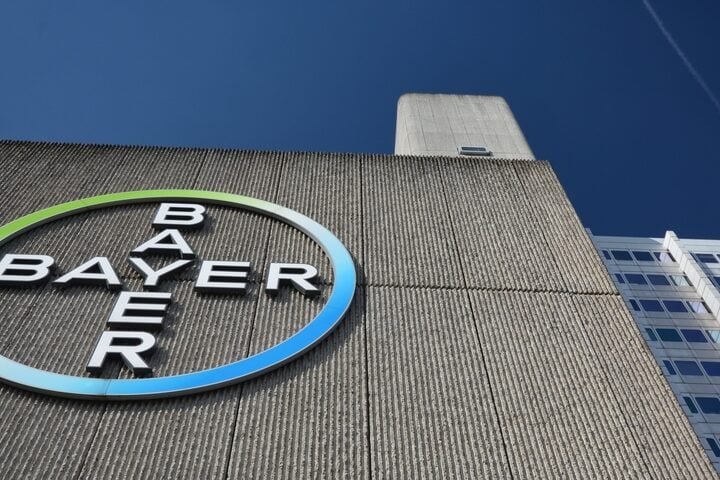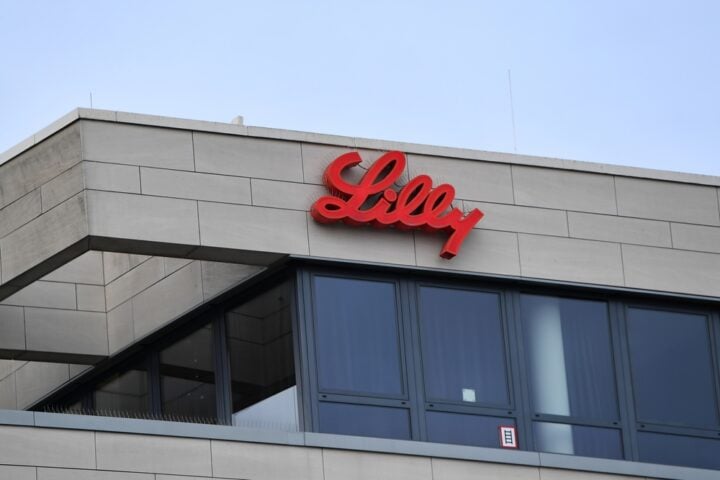Historic First Flight for Blue Origin’s Heavy-Lift Rocket
Blue Origin, the space launch company founded by Jeff Bezos, successfully tested its New Glenn heavy-lift rocket for the first time early this morning. The mission launched the Blue Ring Pathfinder demonstration spacecraft into orbit in collaboration with the Pentagon’s Defense Innovation Unit (DIU), marking a significant milestone for the company.
The two-stage New Glenn rocket, named after astronaut John Glenn, is designed to compete with SpaceX’s Falcon series rockets for critical national security space launches. The test marks a crucial step for Blue Origin’s entry into the Defense Department’s National Security Space Launch (NSSL) program.
Mixed Success: Orbit Achieved, Landing Missed
While the New Glenn rocket successfully reached orbit, its reusable first stage failed to land on Blue Origin’s recovery ship, “Jacklyn”, named after Bezos’s mother. Despite this, Blue Origin and industry leaders are hailing the mission as a success.
“I’m incredibly proud New Glenn achieved orbit on its first attempt,” said Blue Origin CEO Dave Limp. “We knew landing our booster, So You’re Telling Me There’s a Chance, on the first try was an ambitious goal. We’ll learn a lot from today and try again at our next launch this spring.”
Heavy-Lift Capabilities and National Security Impact
New Glenn’s performance demonstrated its potential as a heavy-lift competitor in both commercial and defense sectors. The rocket can carry:
- 45 metric tons to low Earth orbit (LEO)
- 13 metric tons to geostationary transfer orbit (GTO)
Clay Mowry, CEO of the American Institute of Aeronautics and Astronautics, described the launch as a “pivotal moment in heavy-lift reusable launch vehicle development.” A Defense Department official echoed the enthusiasm, simply stating: “They did great.”
Competing for U.S. Military Launch Contracts
Blue Origin now aims to complete two certification flights to qualify for the NSSL Phase 3 program, which governs launches for critical national security payloads. Currently, SpaceX’s Falcon 9 and Falcon Heavy are the only launch vehicles certified for these missions.
Meanwhile, United Launch Alliance (ULA) is still awaiting full certification for its Vulcan Centaur rocket, which faced setbacks when a booster nozzle detached during a recent flight.
New Developments in Orbital Logistics
Beyond launching its New Glenn rocket, Blue Origin is also advancing its Blue Ring platform under a recent Defense Innovation Unit (DIU) contract. The Blue Ring Pathfinder is being developed as a multi-orbit logistics vehicle (m-OLV), designed to transport and host large payloads in space.
Additionally, DIU has awarded contracts to:
- Northrop Grumman’s Space Logistics, which is developing in-space refueling technologies.
- Spacebilt (formerly Skycorp), working on in-space assembly and manufacturing for defense applications.
A Promising Future for Blue Origin
The successful launch of New Glenn places Blue Origin on a promising trajectory in the commercial and defense space sectors. While the booster landing remains a challenge, reaching orbit on the first flight is a major step forward in the company’s ambitions to rival SpaceX, ULA, and other aerospace giants.
With a second launch already planned for spring 2025, Blue Origin is poised to become a major player in the evolving space industry.







